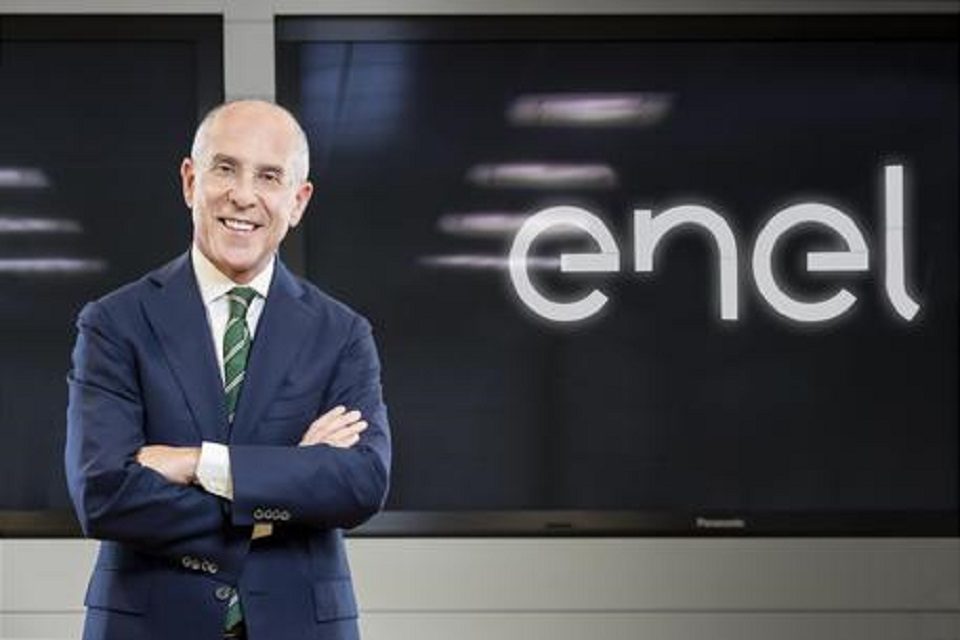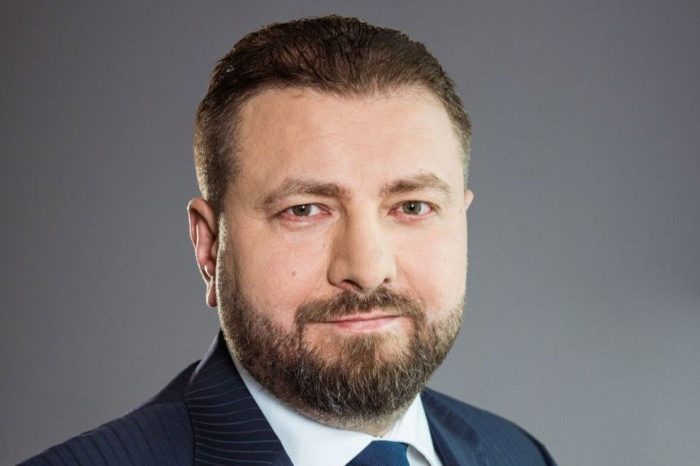Enel Group plans to grow its green hydrogen capacity to over 2 GW by 2030

The Enel Group plans to grow its green hydrogen capacity to over 2 GW by 2030. Enel plans to integrate electrolysers with renewable plants producing electricity for direct sale and ancillary services to support further renewable penetration in the grid, with green hydrogen also being sold to industrial customers.
Enel Group CEO Francesco Starace spoke at the European Hydrogen Forum, a major event gathering industry leaders, policy-makers, government representatives as well as the research community with the aim to steer the potential for green hydrogen alongside discussing the latest developments in the field.
“We are developing green hydrogen projects in Spain, Chile and the United States, and we have plans together with Eni for their refineries as well as with Snam and other players for other applications in Italy,” said Starace during the Panel discussion. “We are very happy about the path the European Commission is taking towards the decarbonization of European society. This is something that, for us, is within reach and requires an acceleration in renewable investment. Furthermore, there are sectors like the cement, fertilizer and chemical industries, as well as transport by sea or air that cannot be fully electrified and need green hydrogen if we want to achieve a fully decarbonized society going forward. For these sectors, green hydrogen can truly be the answer to decarbonization. Technological development, however, is just in the initial phase and we have to accelerate its pace and study its evolution carefully in order to avoid mistakes in capital allocations and bets in solutions that need to be tested before large investments are put to work.”
The European Hydrogen Forum, which is one of the highlights of the European Hydrogen Week, has been jointly organized by the European Commission’s Directorate General for Internal Market, Industry, Entrepreneurship and SMEs (DG GROW) and the Fuel Cells and Hydrogen Joint Undertaking (FCH JU), in partnership with Hydrogen Europe and Hydrogen Europe Research.














